ebm-papst Accelerates Energy Transition with Innovative Heating Technologies
11/14/2025As the world marches toward net-zero emissions, transitioning from fossil fuels to renewable energy stands as the core pathway. Technological innovation and efficiency upgrades in the heating sector are precisely the key drivers propelling this energy revolution. Whether for building energy systems in new constructions or heating retrofits of existing buildings, modern heating solutions play an indispensable role — heat pumps, gas condensing boilers, and hybrid energy heating systems have become pivotal choices to address the high-carbon challenge of traditional heating. With high-efficiency components and multi-scenario-adaptable solutions, ebm-papst continues to inject momentum into the transformation of the energy and heating sectors.
Harnessing Energy from the Environment: The Sustainable Heating Solution of Heat Pumps
Among sustainable heating technologies, heat pumps are highly favored for their ability to efficiently harvest energy from the natural environment — drawing power from water, air, and soil. When paired with renewable energy sources like photovoltaic systems for operational electricity, they not only significantly reduce reliance on grid electricity prices but also further lower long-term operational costs. However, practical applications of heat pumps impose strict requirements on operational noise. Whether installed indoors or outdoors, low-noise operation is crucial to ensuring user experience.
ebm-papst’s AxiEco series EC fans perfectly align with the technical demands of modern heat pumps. Beyond reducing energy consumption through high-efficiency operation, these fans feature low-noise designs suitable for noise-sensitive environments. Additionally, their integrated remote control functionality supports predictive maintenance of the fans, helping heat pump systems maintain long-term stable operation.
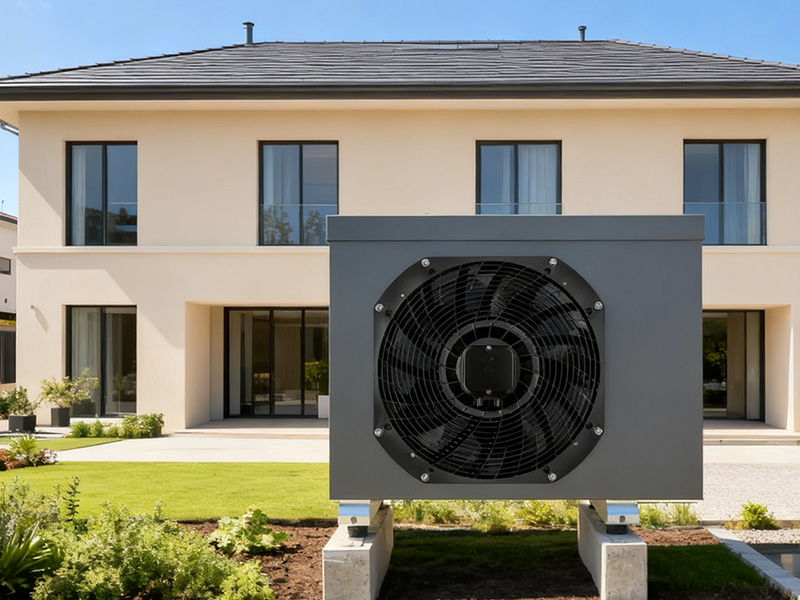
During the transitional phase of energy transition, gas condensing boilers have emerged as a vital link connecting traditional heating to future clean energy systems, thanks to their unique technical advantages. Unlike conventional gas boilers, modern gas condensing boilers not only generate heat through gas combustion but also recover the latent heat contained in water vapor from combustion exhaust gases. This technical improvement not only significantly boosts energy utilization efficiency but also directly reduces gas consumption, thereby cutting carbon emissions.
More importantly, gas condensing boilers offer excellent system compatibility: they can be combined with other heating systems such as solar heating or pellet stoves, while reserving space for integrating more renewable energy sources in the future. ebm-papst’s custom-developed CleanEco (pneumatic) and CleanVario (electronic) combustion control systems further unlock this technical potential. By precisely adjusting the air-gas mixture ratio and stably controlling the combustion process, they ensure an optimal blend of fuel and oxygen, achieve a wide turndown ratio of 1:10, and enhance boiler efficiency while guaranteeing eco-friendly operation.
Hybrid Energy Heating: A Future-Proof Solution Balancing Sustainability and Cost-Effectiveness
To minimize fossil fuel dependence to the greatest extent, hybrid energy heating systems provide a more flexible solution — users can independently control the operation of gas condensing boilers and select the most cost-effective operating mode based on real-time fluctuations in electricity and natural gas prices. This independence from a single energy source makes hybrid systems a highly future-adaptable heating choice.
ebm-papst's 900H series intelligent control platform serves as the core backbone for the efficient operation of hybrid energy systems. The platform dynamically adjusts the output power of gas condensing boilers and heat pumps based on factors such as actual energy supply and heat load demands: during peak energy usage periods, it can flexibly deploy condensing boilers into operation or allow individual equipment to run independently as needed. Meanwhile, its intelligent control capabilities provide data support for predictive maintenance of the system, further ensuring the stability and efficiency of hybrid energy heating systems.


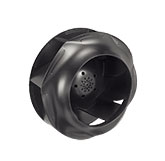
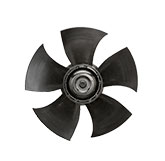
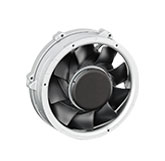
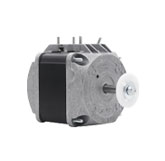
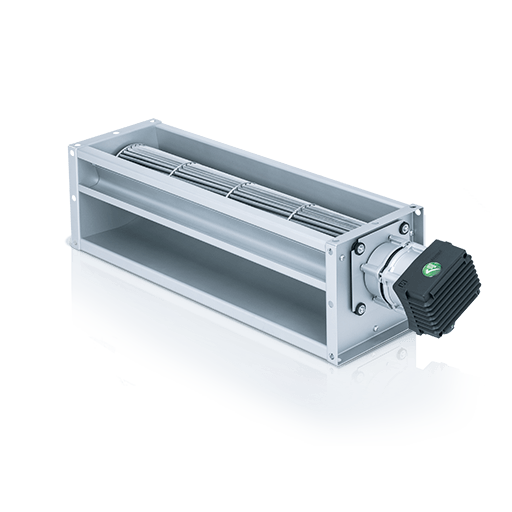


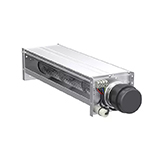
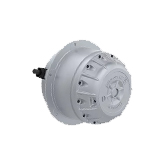

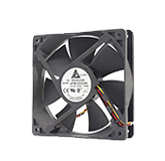
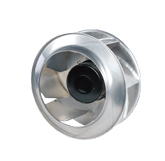
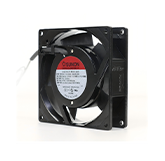
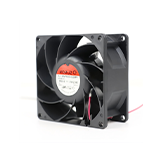
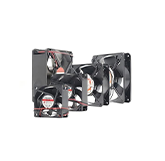
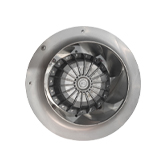
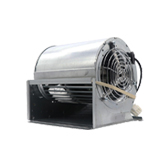
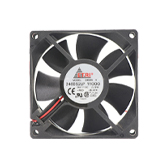
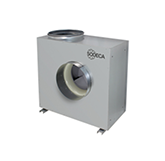
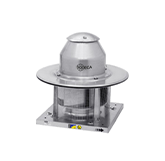
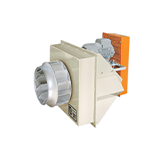
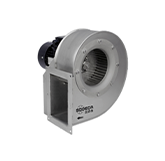
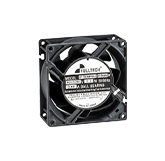
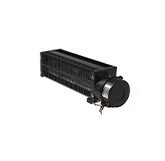
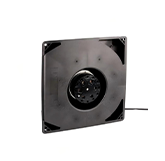
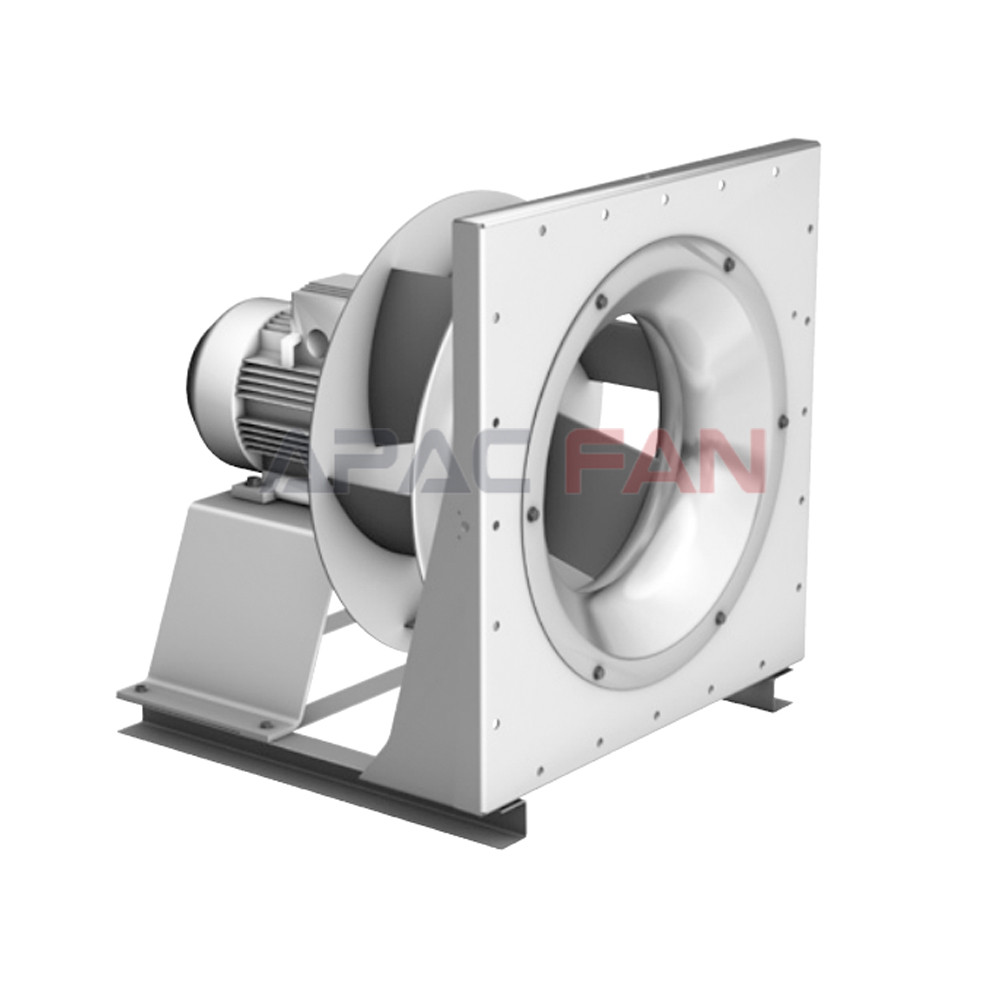
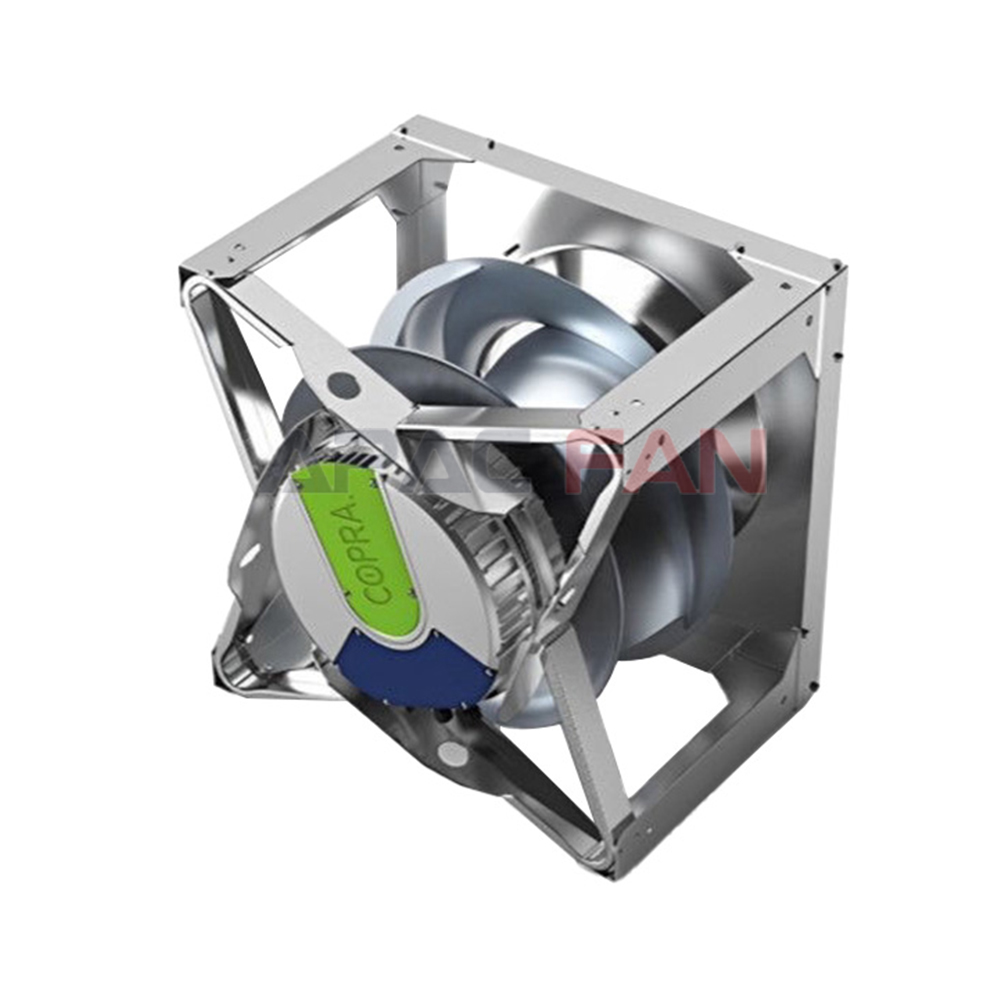
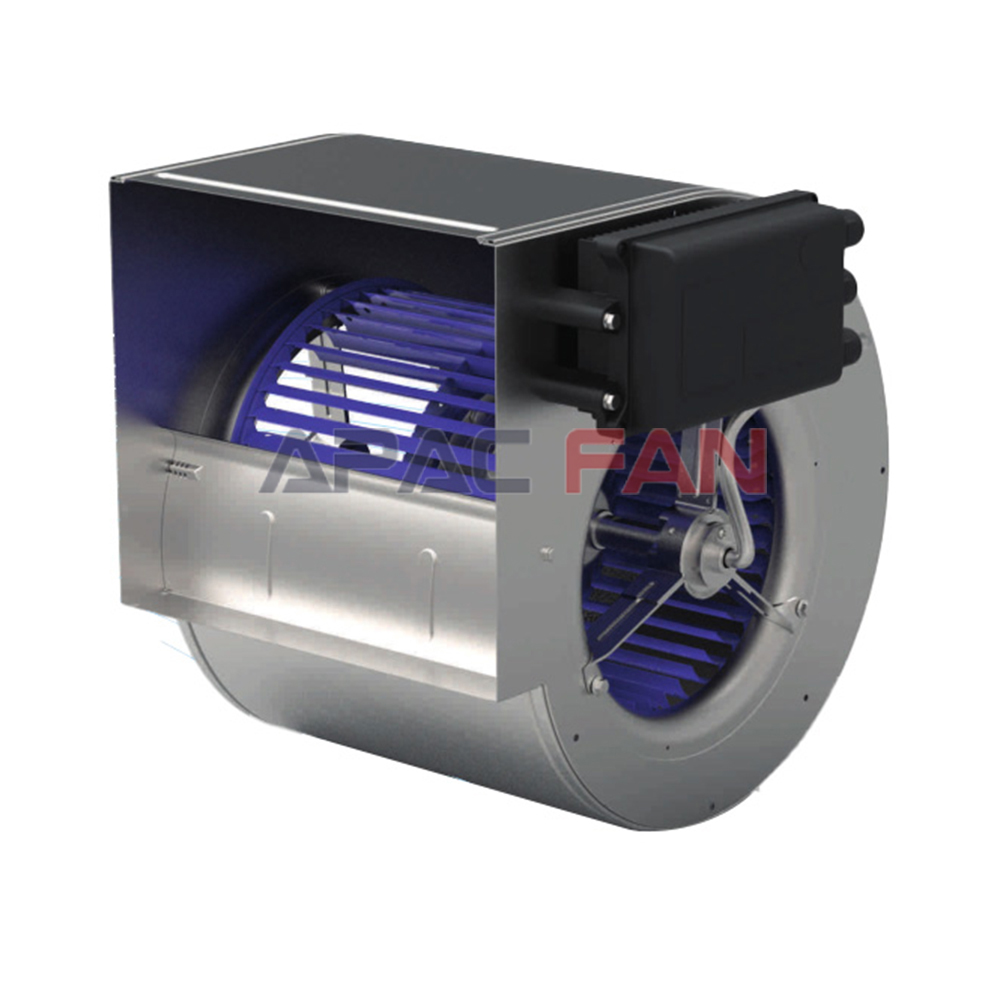
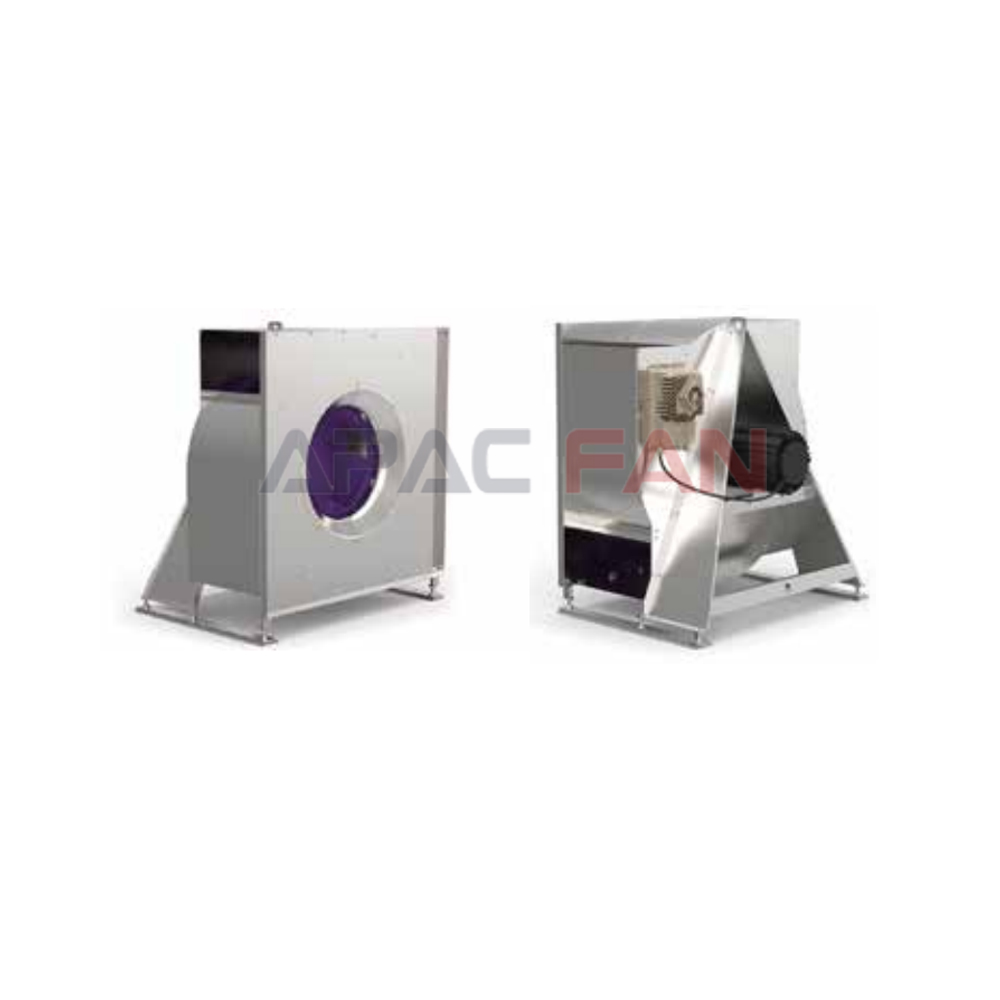
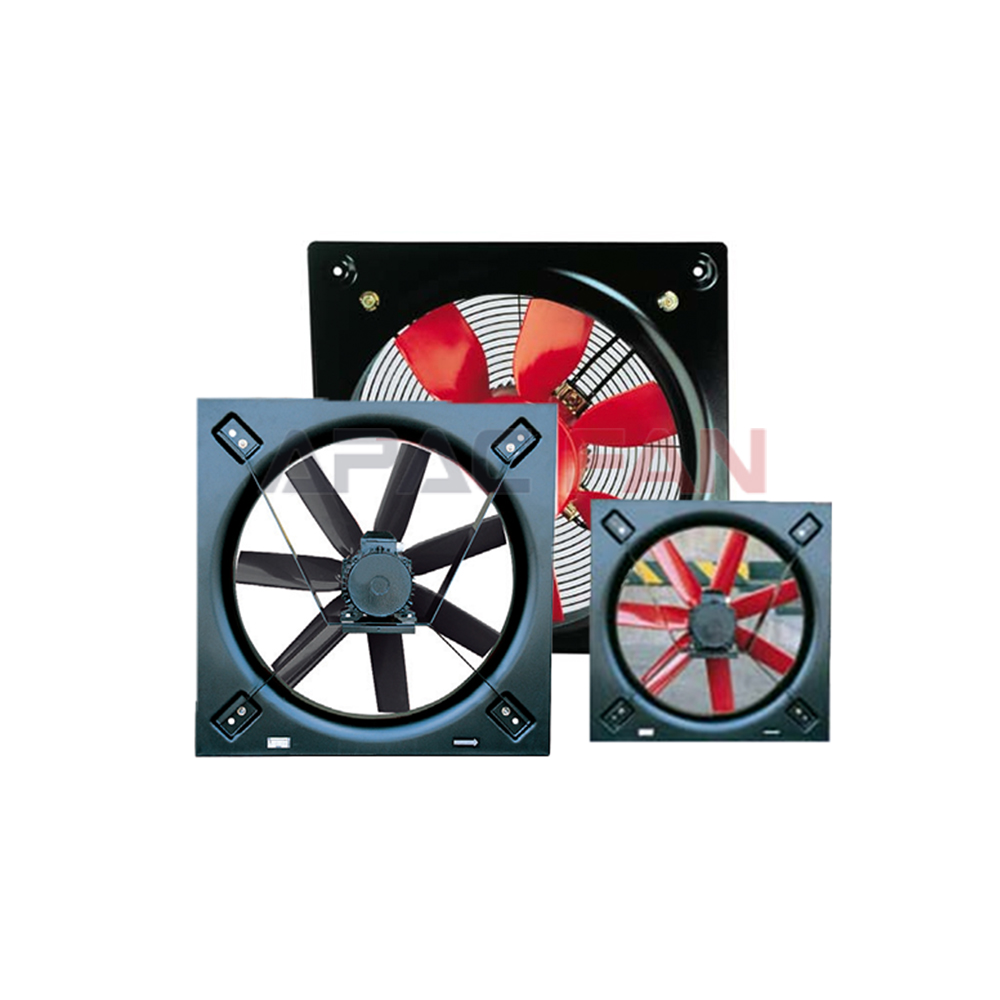
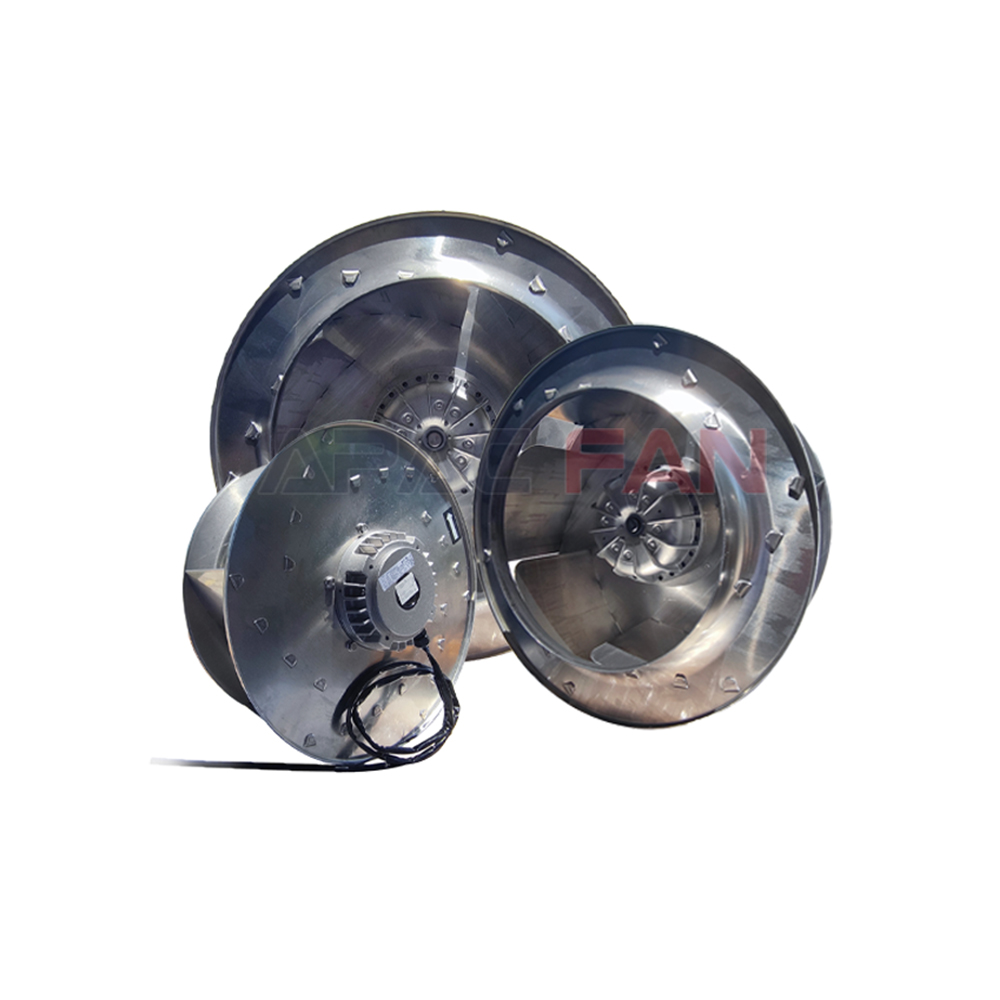
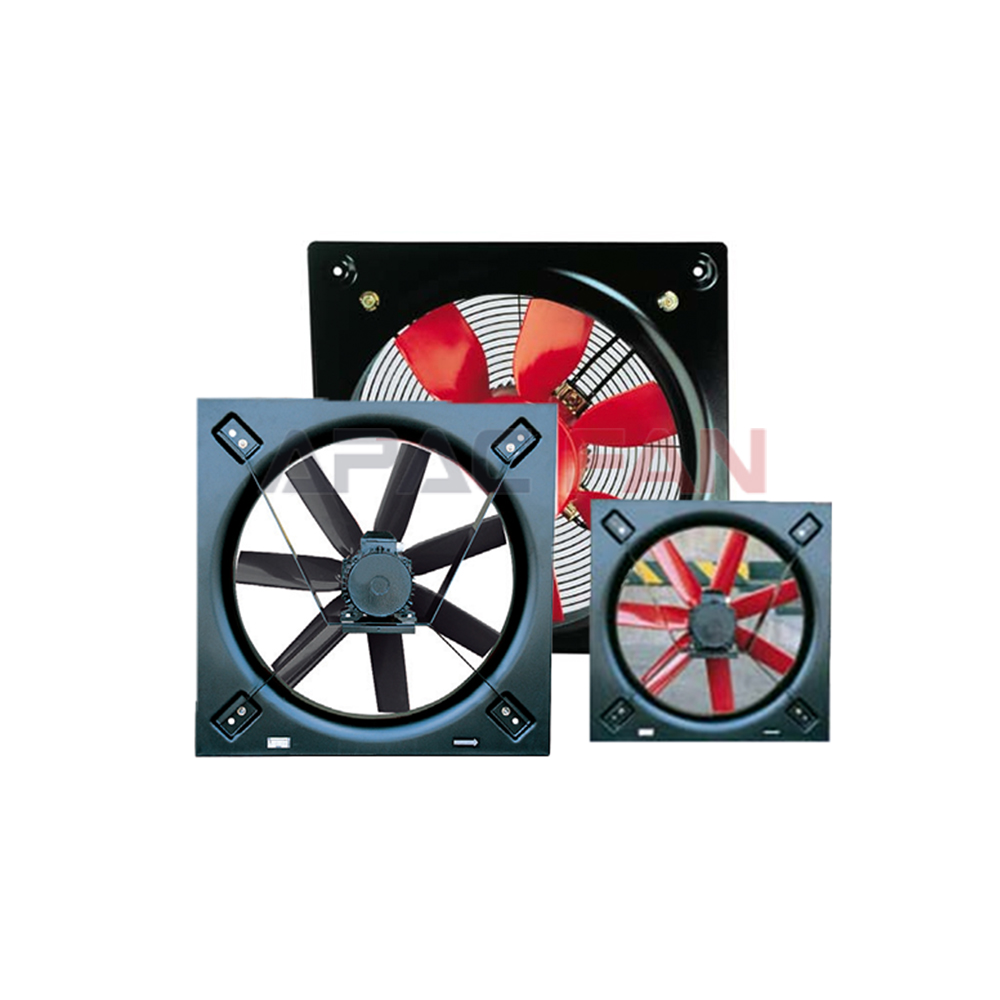
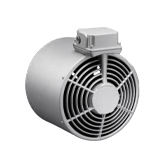
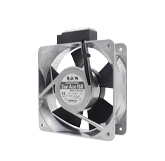
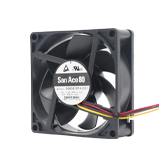
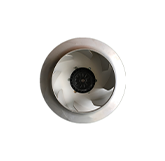


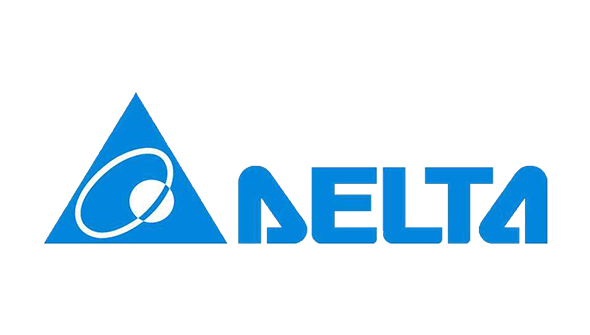





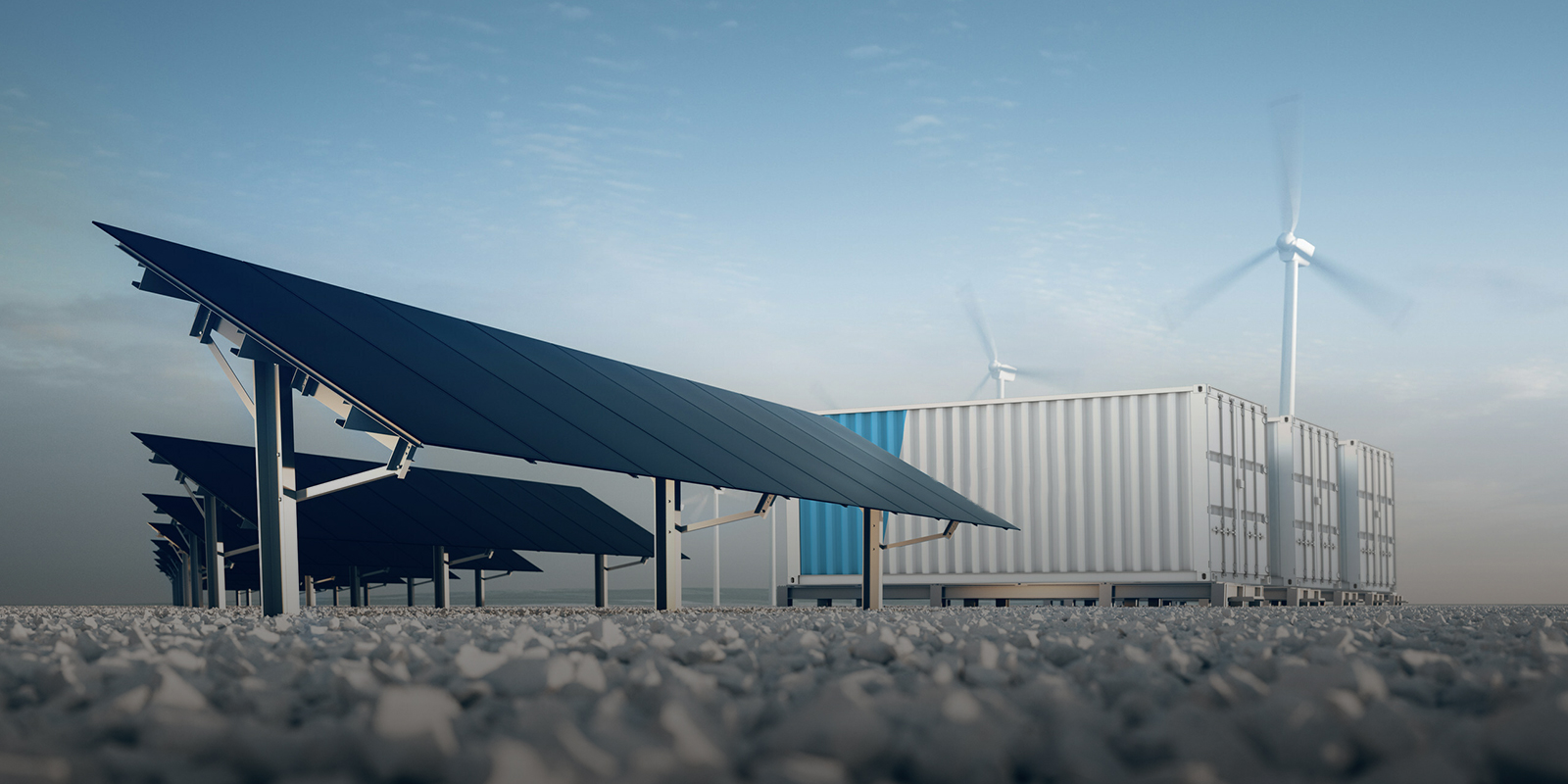
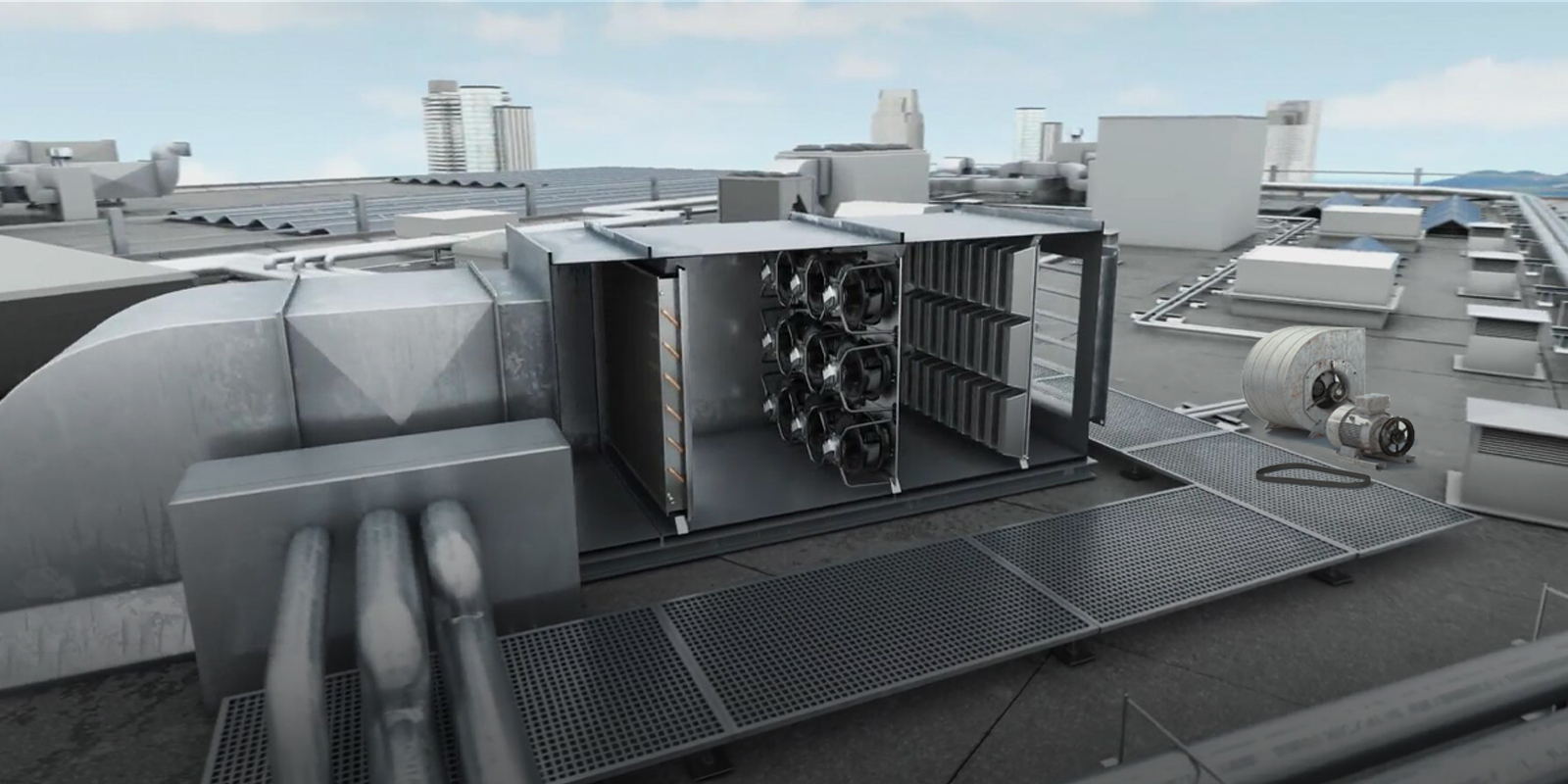

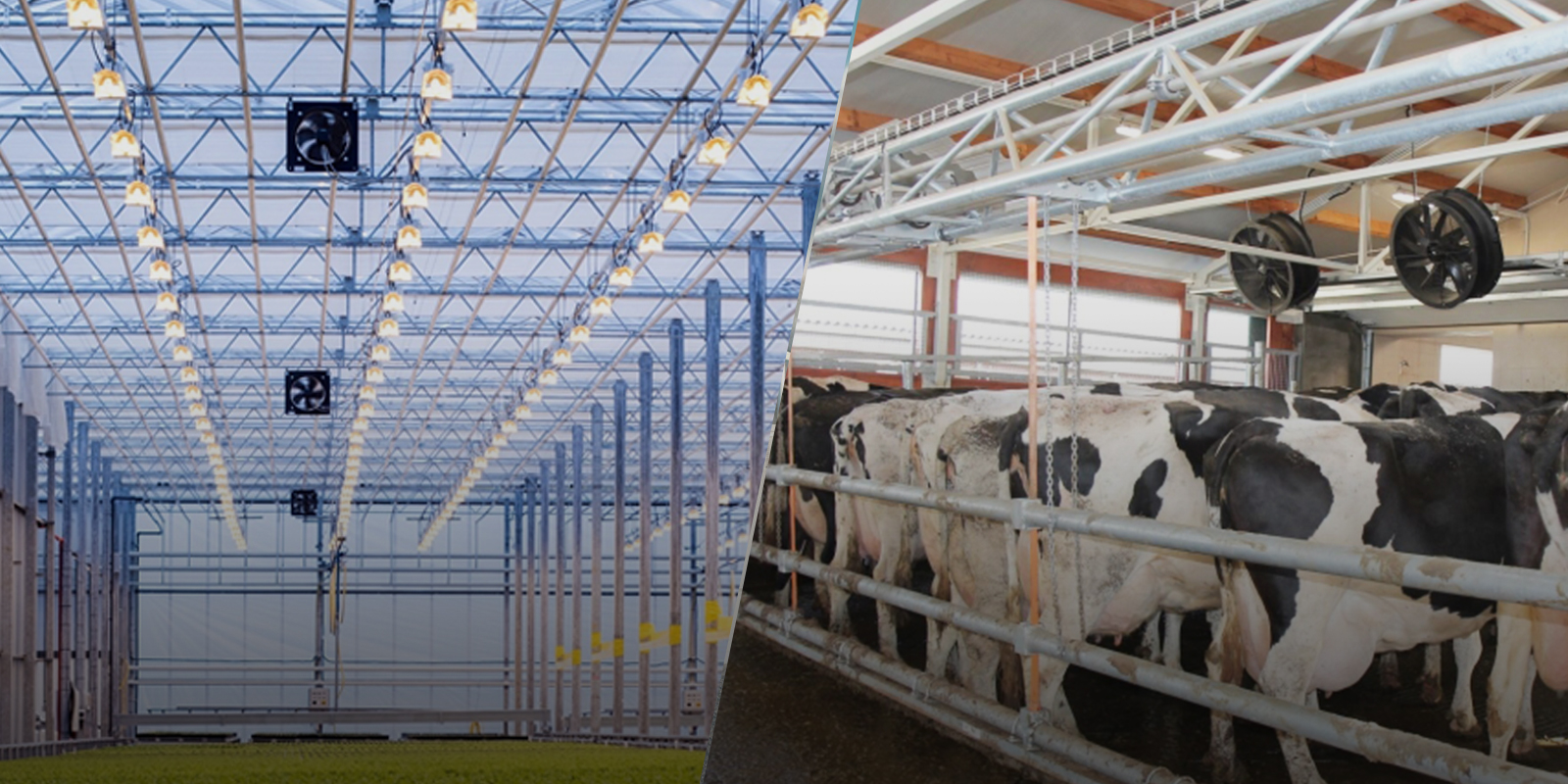
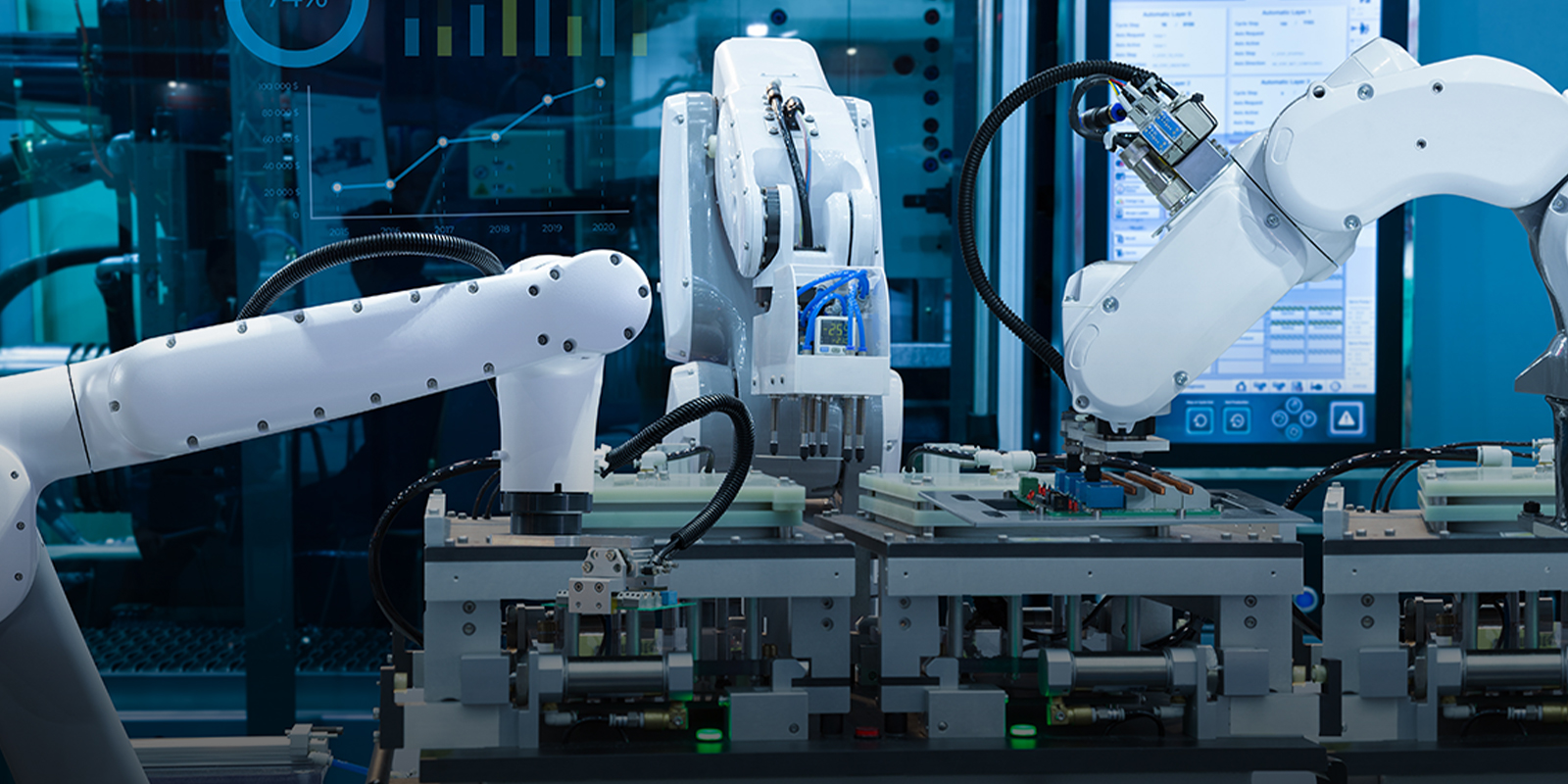
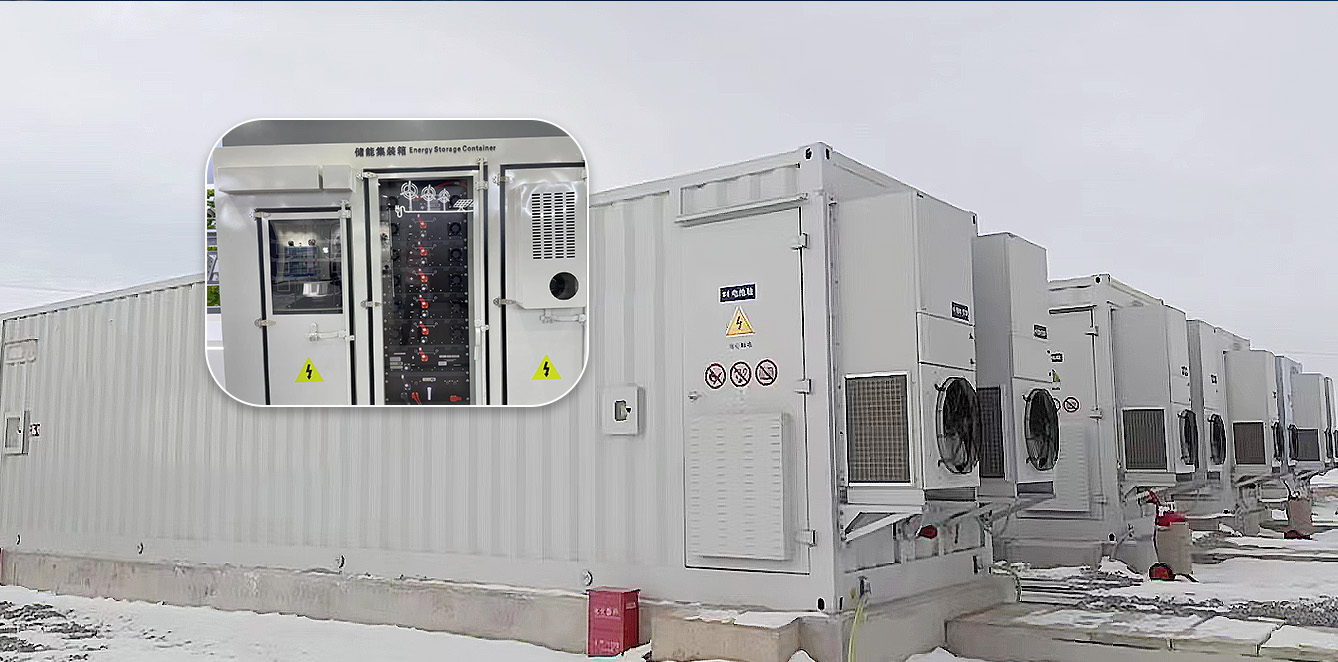
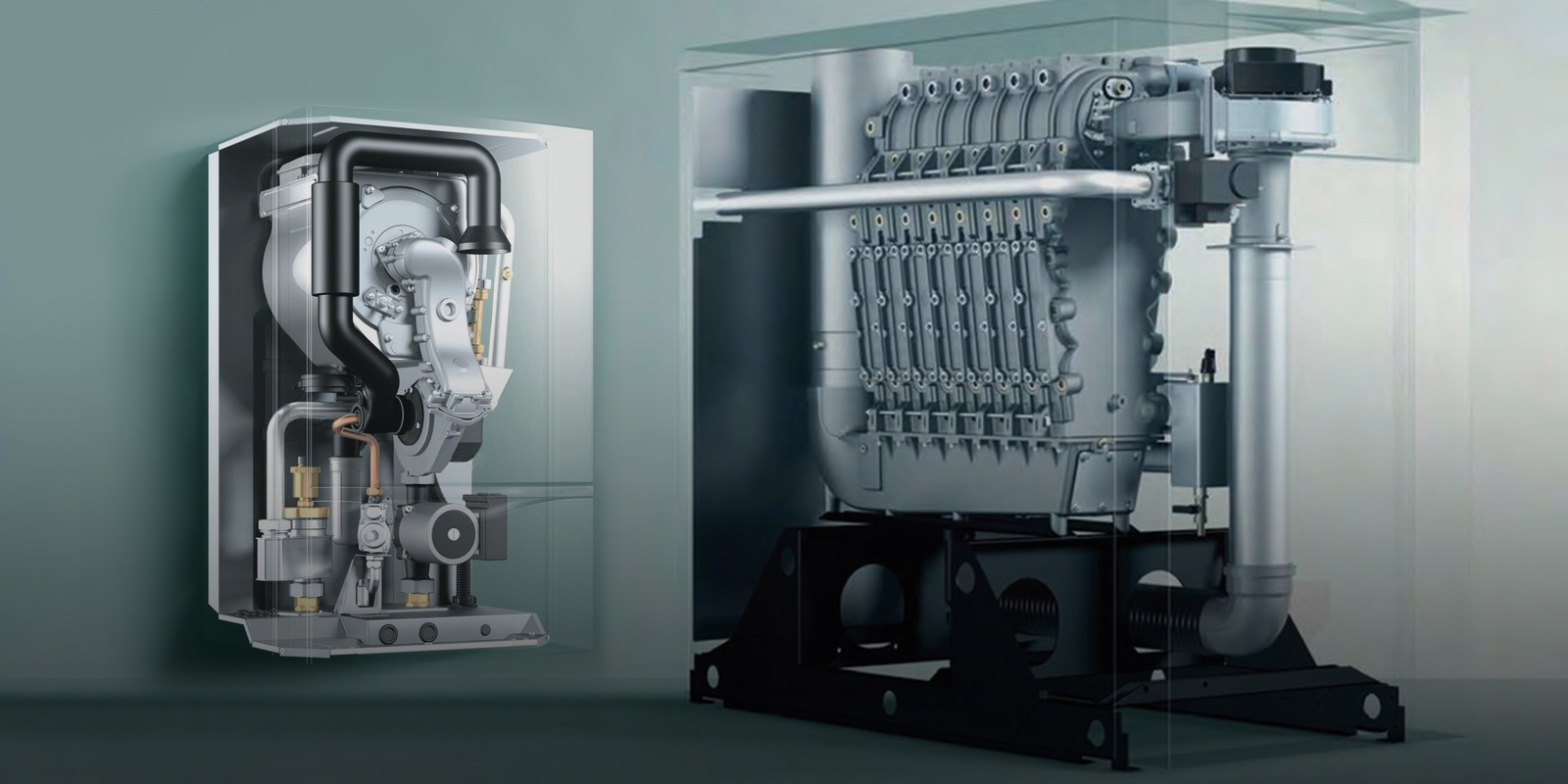


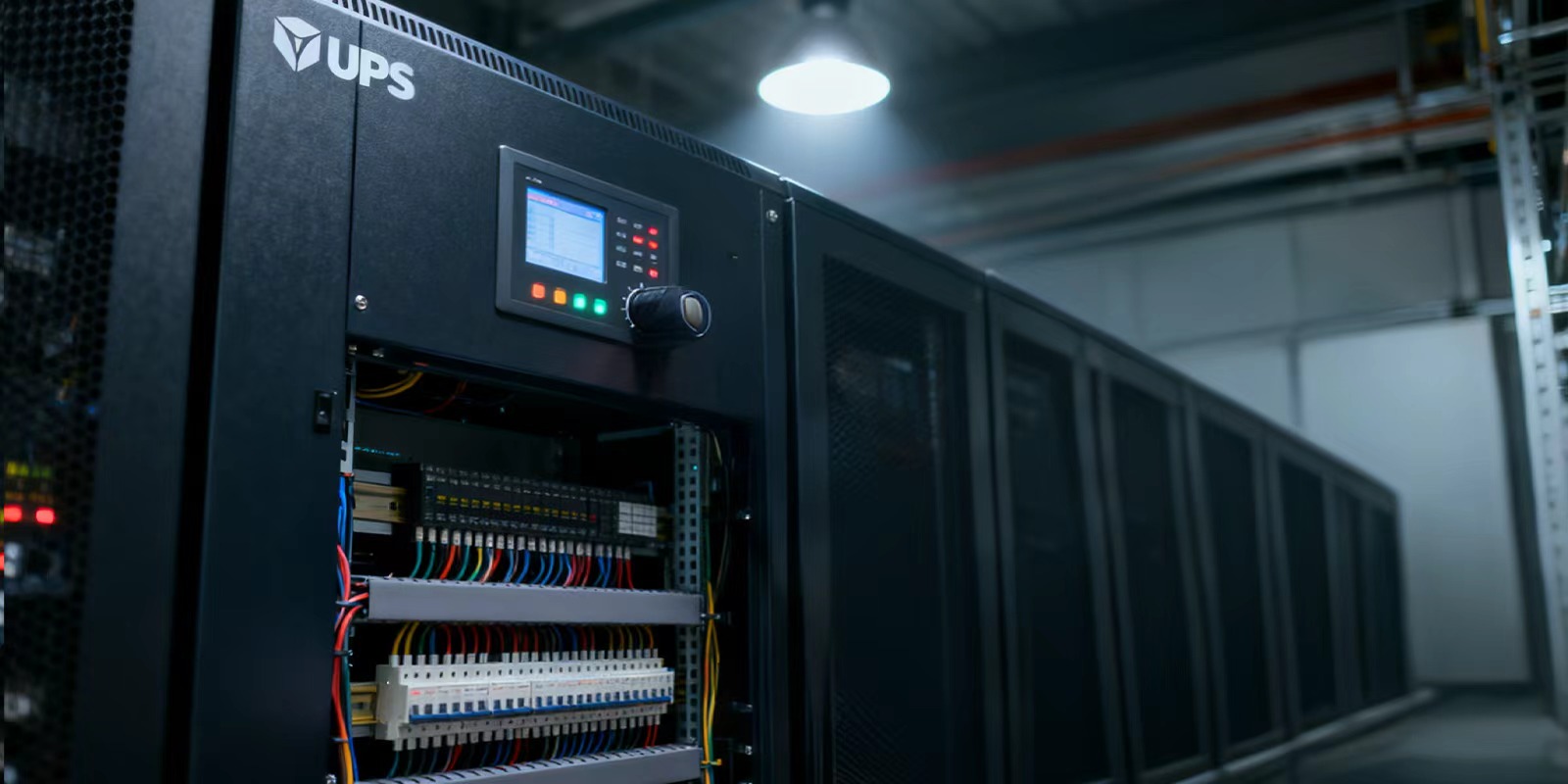
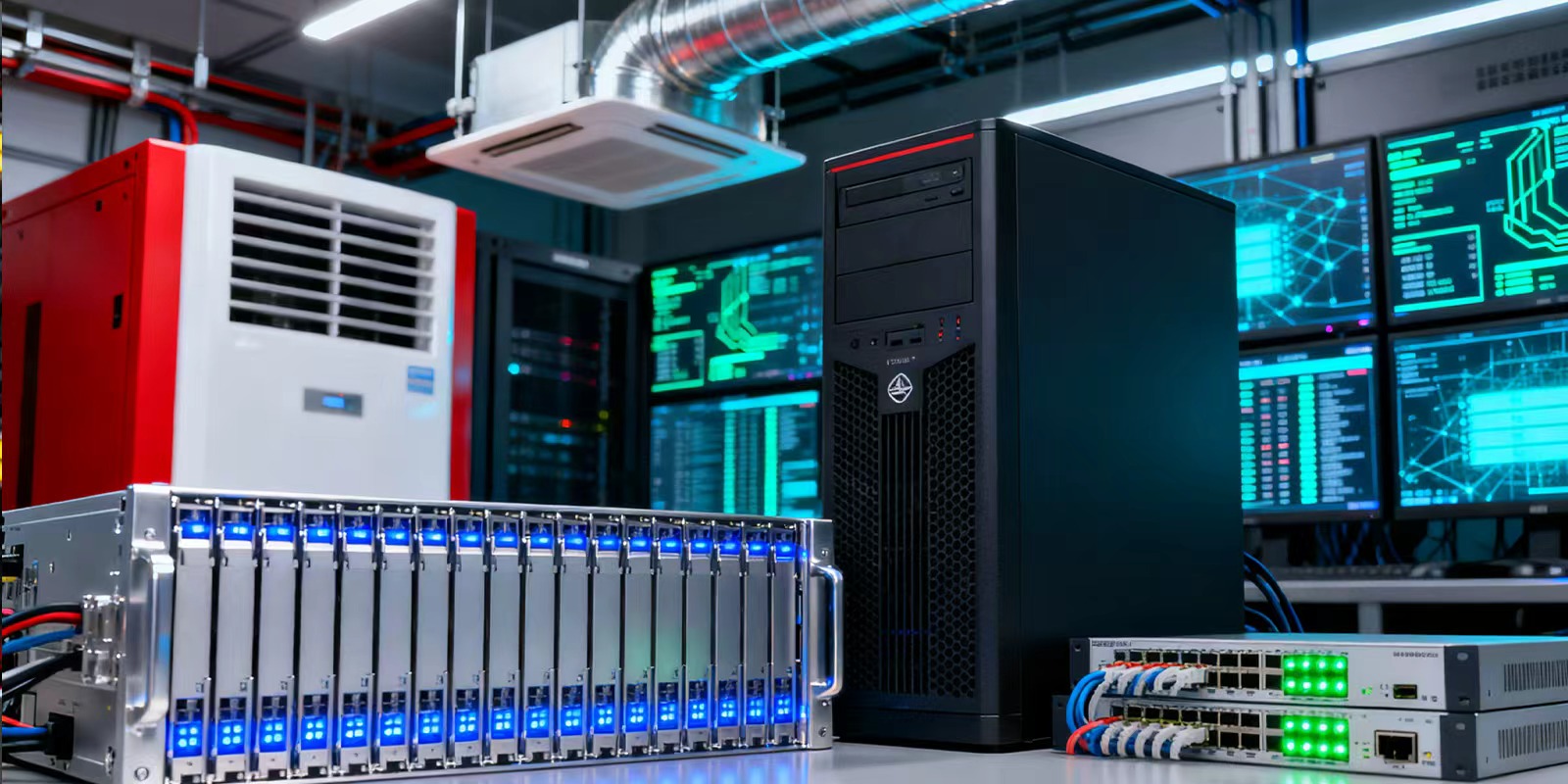

 English
English Français
Français Deutsch
Deutsch Português
Português Español
Español русский
русский  한국어
한국어 العربية
العربية Italiano
Italiano Indonesia
Indonesia Schweiz
Schweiz Polski
Polski Nederlands
Nederlands ישראל - עברית
ישראל - עברית Perzisch
Perzisch ไทย
ไทย 日本語
日本語 ኢትዮ-አማርኛ
ኢትዮ-አማርኛ Việt Nam
Việt Nam Kiswahili
Kiswahili Srpski
Srpski Ελληνικά
Ελληνικά 繁體中文
繁體中文
